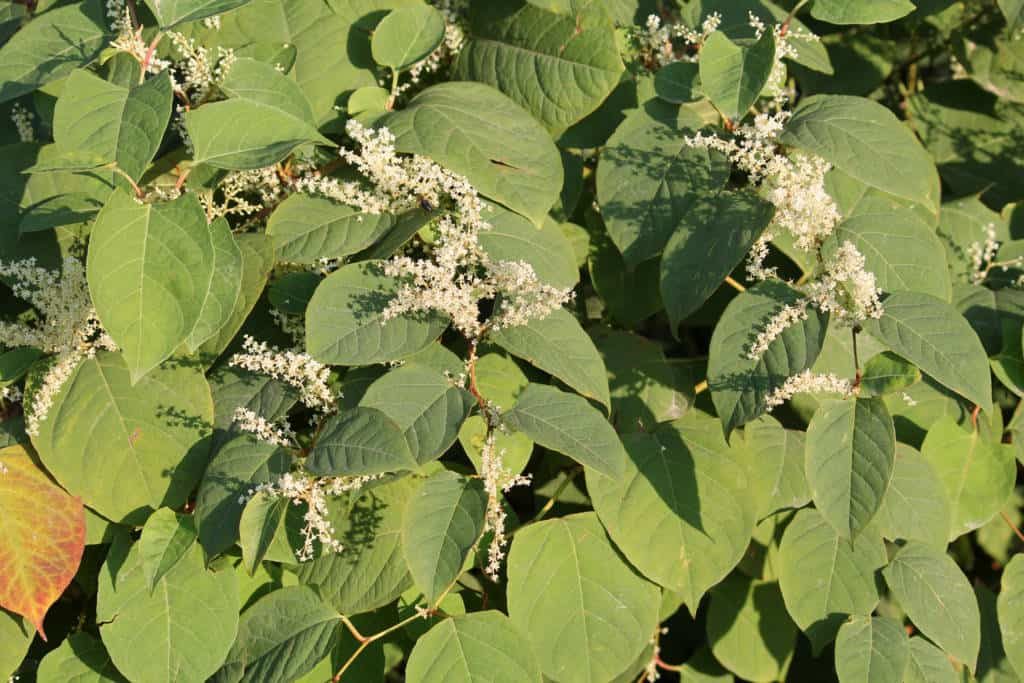Ethnobotanical medicine is effective against the bacterium that causes Lyme disease, according to apreclinical studyperformed by researchers at the Johns Hopkins Bloomberg School of Public Health along with colleagues at the California Center for Functional Medicine and Focus Health.
Some background, provided by a press release: Lyme disease is caused by the bacteriumBorrelia burgdorferi, which spreads mainly through the bite of infected ticks. More than 300,000 cases are reported in the U.S. each year, compared to 65,000 in Europe, and the numbers are rising thanks to climate change and urban sprawl. Those diagnosed with Lyme disease are given a course of antibiotics over 2-4 weeks, but treatment is not always effective. Late-stage Lyme patients experience symptoms including fatigue, memory problems, facial paralysis, joint aches and pains, and heart palpitations, to name a few.
The study surveyed 14 plant-based extracts, testing their effectiveness in vitro against the free-swimming form of the bacterium as well as against microcolonies. The researchers also tested the currently used Lyme antibiotics doxycycline and cefuroxime.
Related: Everything You Need to Know to Survive Mosquito Madness Scientists ID CBD as a “Powerful New Antibiotic” The 4 Key Habits + Herbs to Revive Gut Health When Battling Chronic Illness
The researchers found that plant extracts from black walnut, cat’s claw, sweet wormwood, Mediterranean rockrose, and Chinese skullcap had strong activity against the bacterium, outperforming both tested antibiotics.The strongest extracts, however, were Ghanaian quinine and Japanese knotweed. Both plants were found to kill microcolonies ofB. burgdorferiand inhibit division of the planktonic form, even at low concentrations. A single 7-day treatment with Ghanaian quinine completely eradicated the bacterium.
"This study provides the first convincing evidence that some of the herbs used by patients such as Cryptolepis, black walnut, sweet wormwood, cat's claw, and Japanese knotweed have potent activity against Lyme disease bacteria, especially the dormant persister forms, which are not killed by the current Lyme antibiotics," said Dr. Ying Zhang from the Johns Hopkins Bloomberg School of Public Health in the press release. "These findings are exciting as they offer opportunities for improved treatment of persistent Lyme disease, which is not helped by the current standard treatment. We are interested in further evaluating these potent herbal medicines through animal studies as well as clinical trials."










